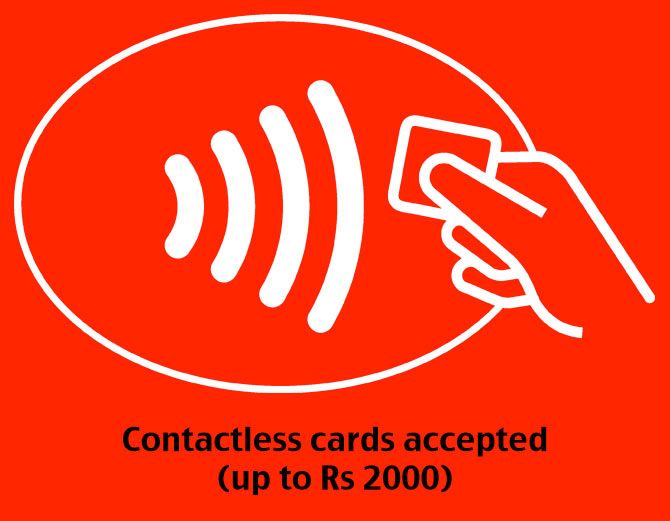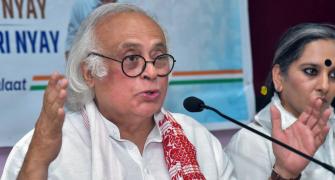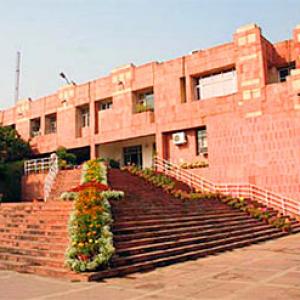Here's a simple guide...

The world is increasingly moving towards a wireless and hands-free world where you connect to the internet without the use of fussy cables or wires or you can access your phone while driving without compromising on your safety. So keeping with this trend we now have contactless credit cards and debit cards too.
This trend is still in the nascent stage in India and as of now very few banks are offering contactless credit cards.
What are contactless cards?
Though the name indicates what these cards are, let us understand their functioning and features a little more in detail.
The cards do not require direct contact between the card and the terminal unlike that is required in regular cards. They need to be just tapped and waved near the requisite terminal. These cards use radio frequency identification (RFID) or near field communication (NFC) technology to process the payment. Radio transmission is employed to establish contact when the card is waved or tapped near a terminal that is equipped to receive these signals. Thus if the card is waved near a terminal which is not enabled to read these card then the card wont function as a contactless card.
A chip and a radio frequency antenna are embedded in the card; this allows the terminal to get the details without coming in direct contact with the card. The account information of the accountholder is communicated through the secure network of the card issuing brand.
Q: How do you know if your credit card is a contact less card or not?
A: You look for this sign: 
This sign indicates that the card and the point where it is to be swiped are equipped with the technology to process the card witout direct contact. This sign is required on the card and the terminal as well.
Some more details about contactless cards:
These cards work within a range of 4 cm of the terminal where the payment is to be processed. The functioning is subject to the contact not being blocked by a metallic object.
Contactless credit cards can be used as normal cards also and swiped at terminals if required. For cash withdrawals the card has to inserted or dipped in the machine.
Transactions of only Rs 2,000 or below are allowed as of now on contactless credit cards. For transactions more than that amount the card will have to be swiped like a normal card and the pin needs to be entered.
As in the case of normal cards the user gets alerts and a transaction slip.
Credit card issuing company may fix the number or frequency of transactions per day/per month allowed as per their policy.
Do contactless cards offer some advantages:
Though as of now banks in India allow transaction of only Rs 2,000 or below for contactless cards these cards are safer than other cards in some aspects. Since the card does not leave the hands of the holder there is no danger of forgetting the card, somebody cloning it or losing it.
The transaction processing is also much faster due to the fact that swiping is not required and also no PIN entering is required for amounts under Rs 2,000. So if you have to shop for small amounts not only are these cards safer but faster too.
For bigger transactions they can be used just as a normal card.
Some card holders may worry that if they are near a contactless terminal a transaction may happen without them actually knowing. This does not happen as the card has to be waved and tapped and an amount has to be entered for it to be processed.
There is no danger of a dual transaction as when one transaction is processed you get a alert and a light or beep indicates that the transaction has been successful.
The author is a credit expert with 10 years of experience in personal finance and consumer banking industry and another 7 years in credit bureau sector. Rajiv was instrumental in setting up India's first credit bureau, Credit Information Bureau (India) Limited (CIBIL). He has also worked with Citibank, Canara Bank, HDFC Bank, IDBI Bank and Experian in various capacities.









